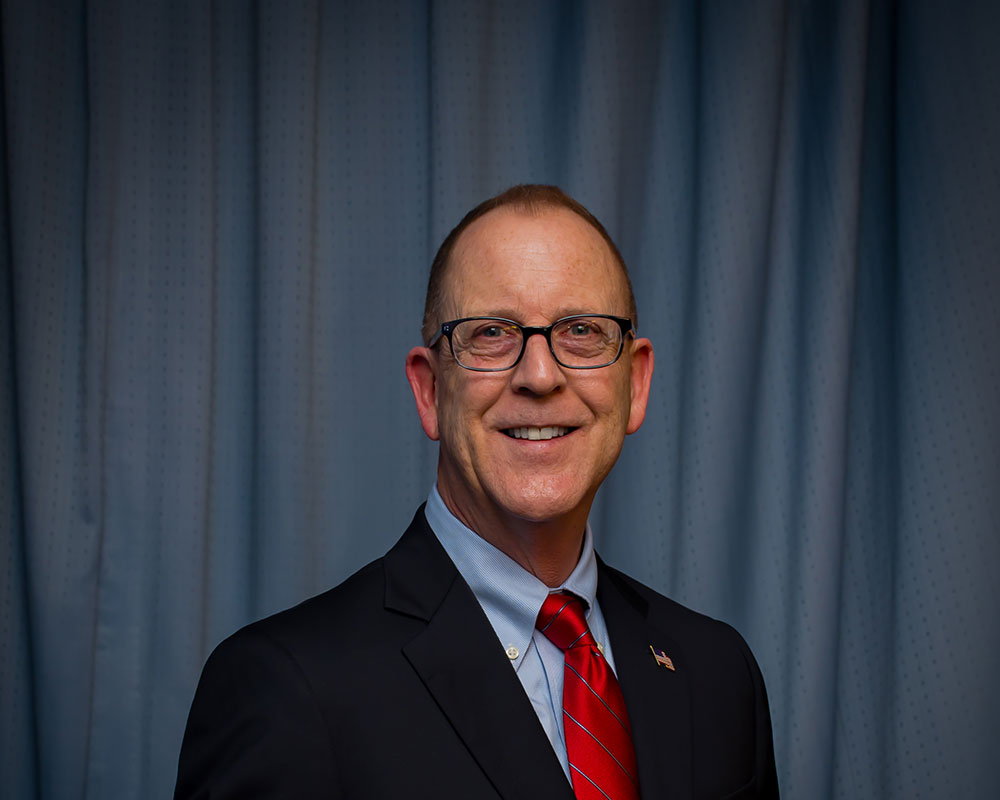The third try was not the charm at the Haverhill City Council meeting Tuesday as councilors were unable to agree on a price developers should pay for omitting affordable units from projects.
The inclusionary zoning ordinance, proposed by Mayor James J. Fiorentini back in March, requires all new multi-family housing developments of more than 10 units to include 10% affordable housing. Tuesday’s question centered on how much should be charged to developers who opt to pay a one-time fee in lieu of setting aside affordable housing. Money collected would be used to create suitable housing for lower income residents.
This past spring, councilors voted to send the proposal to its Administration and Finance Committee to work out details and determine what the in-lieu-of payment should be. However, Councilor Melinda E. Barrett, committee chair, said members were unable to form a consensus.
“We could not come to an agreement, so we allowed it to pass through with a recommendation that the Council take it up as a whole, a number that the council felt appropriate because we could not agree on a number,” she explained.
That turned out to be just as difficult for the whole council as it was for the committee, however. Councilor Thomas J. Sullivan began by proposing figures suggested by the Housing Task Force.
“The Housing Task Force has been meeting on this issue for the last year or so. They made a recommendation that it should be $50,000 per unit for a both a rental or an ownership unit. I think that we should defer to them,” he said.
The recommended figure required six yes votes to pass, but came up short with a 5-3 vote with Councilors Joseph J. Bevilacqua, Catherine P. Rogers and Shaun P. Toohey opposed and Councilor Michael S. McGonagle absent.
That result prompted Barrett to propose an alternative of $50,000 for ownership units and $30,000 for rentals, a proposal which fared even worse with Councilors Sullivan and Melissa J. Lewandowski joining the no voters, leading to a 3-5 vote.
Giving it one last try, Rogers suggested a division of $50,000 for ownership units and $20,000 for rentals. That proposal, once again, fell short by a 5-3 vote with Lewandowski, Bevilacqua and Sullivan voting against.
Councilor Bevilacqua also questioned the definition of a resident, challenging whether someone could inappropriately claim residence status to snag an affordable apartment, for example.
Realizing the vote was unlikely to change, Vice President John A. Michitson proposed delaying any further discussion on the matter until all nine members are available to vote. That proposal, which moved further discussion to the Sept. 19 meeting, passed by a vote of 7-1 with Sullivan as the lone holdout.

